Coordinated by the United Nations University International Institute for Global Health (UNU-IIGH), the Gender & Health Hub is here to bridge the gap between knowledge, policy and action. The GHH is a unique global platform established to consolidate the best, policy-relevant evidence on gender integration in health policies and programmes, generated through research and practice at the global, regional, and country level.
1. By developing and engaging a vibrant network of policymakers, academics, and implementers in gender and global health for priority-setting, knowledge-sharing, and policy engagement;
2. Improving the evidence base on integrating gender in health programmes and institutions, addressing knowledge gaps by consolidating and generating evidence on topics prioritised by the gender and global health community; and,
3. Mobilising policy engagement for action through effective dissemination of actionable evidence, and engagement with key stakeholders and policy processes to promote the use of evidence.
Despite progress towards the health-related Sustainable Development Goal (SDG) targets for 2030, the world is still off track. The SDG to ‘ensure healthy lives and promote well-being for all at all ages’ (SDG3) is inextricably linked to gender equality (SDG 5), as is any progress towards universal health coverage. Although health systems and programmes can do better to promote gender equality, there has been a lack of evidence, systematic documentation, and learning on what works to effectively integrate gender in health.
As the ongoing pandemic threatens to erode fragile gender equality gains accrued over decades, there is an urgent need to draw on the evidence base that has been built through practice, success and failure over time. Now, more than ever, we need decisive, consultative leadership from country health systems, the global health community and the UN to demonstrate what collective action and success looks like.
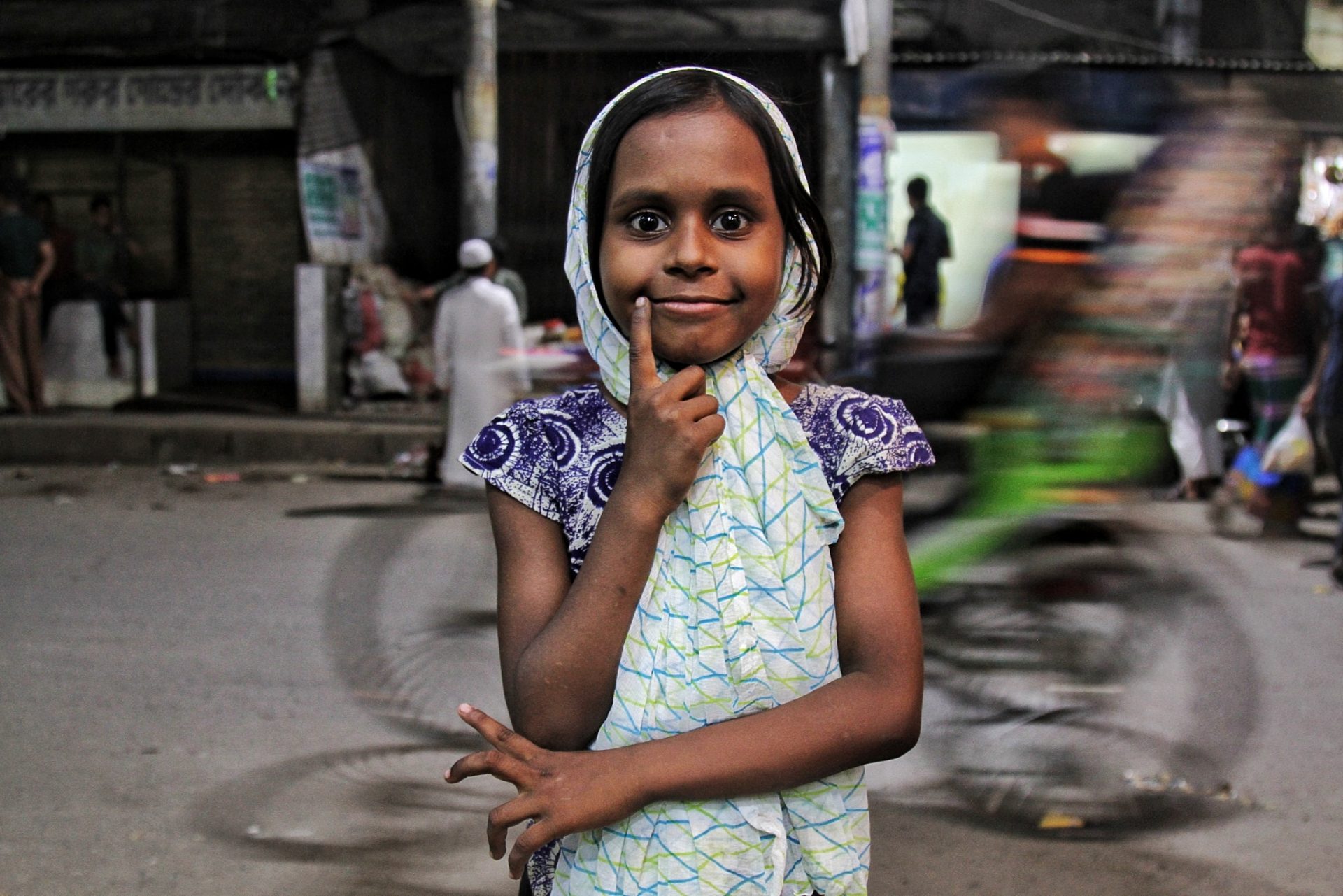
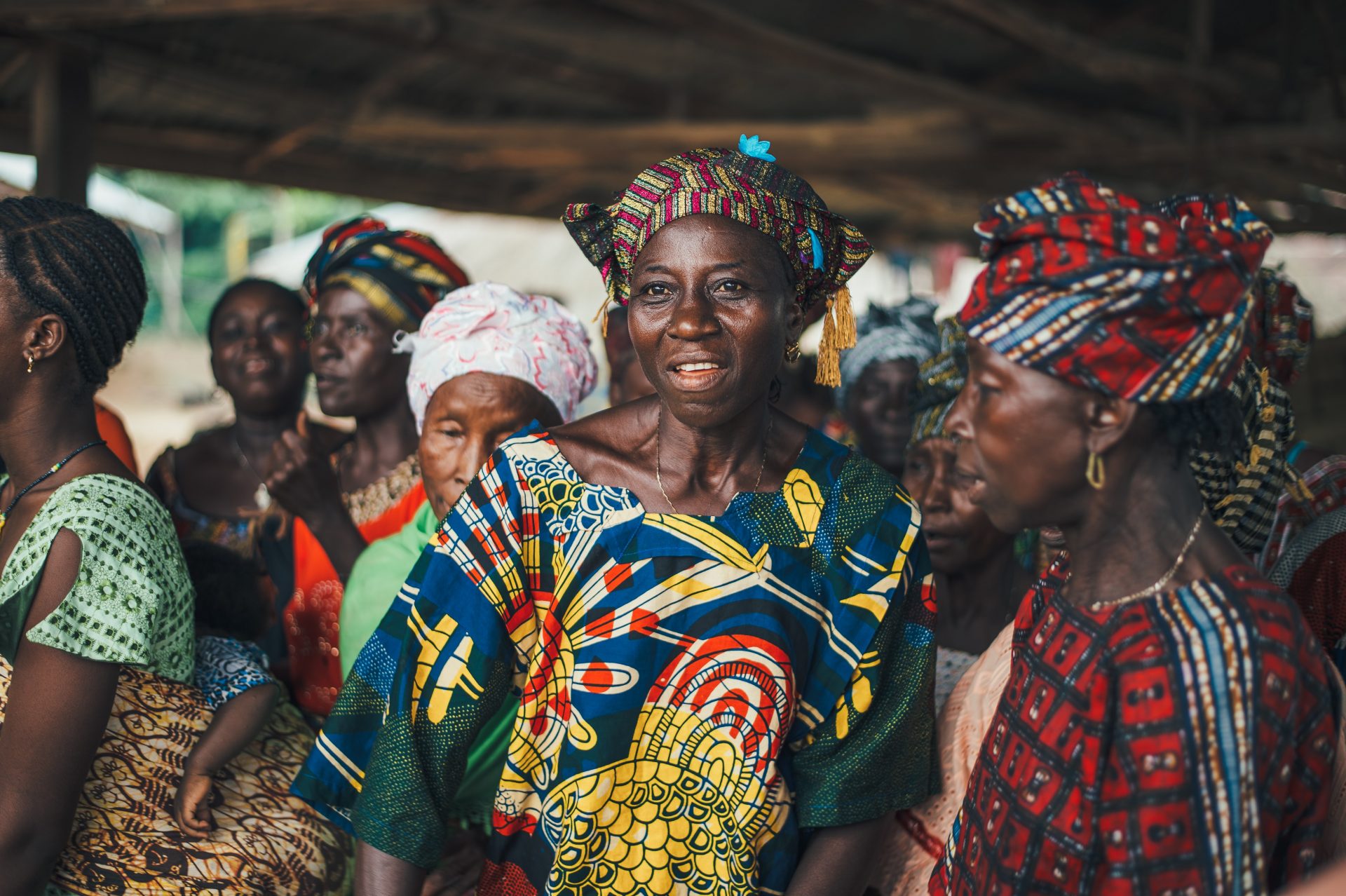
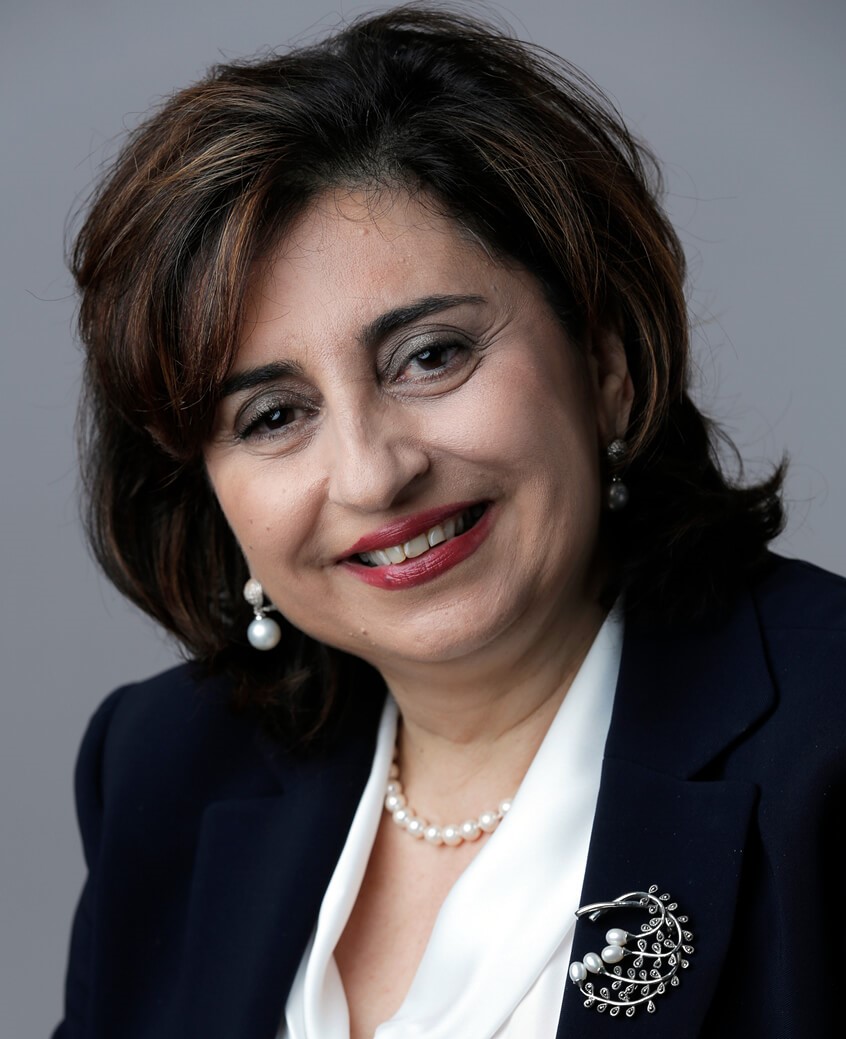
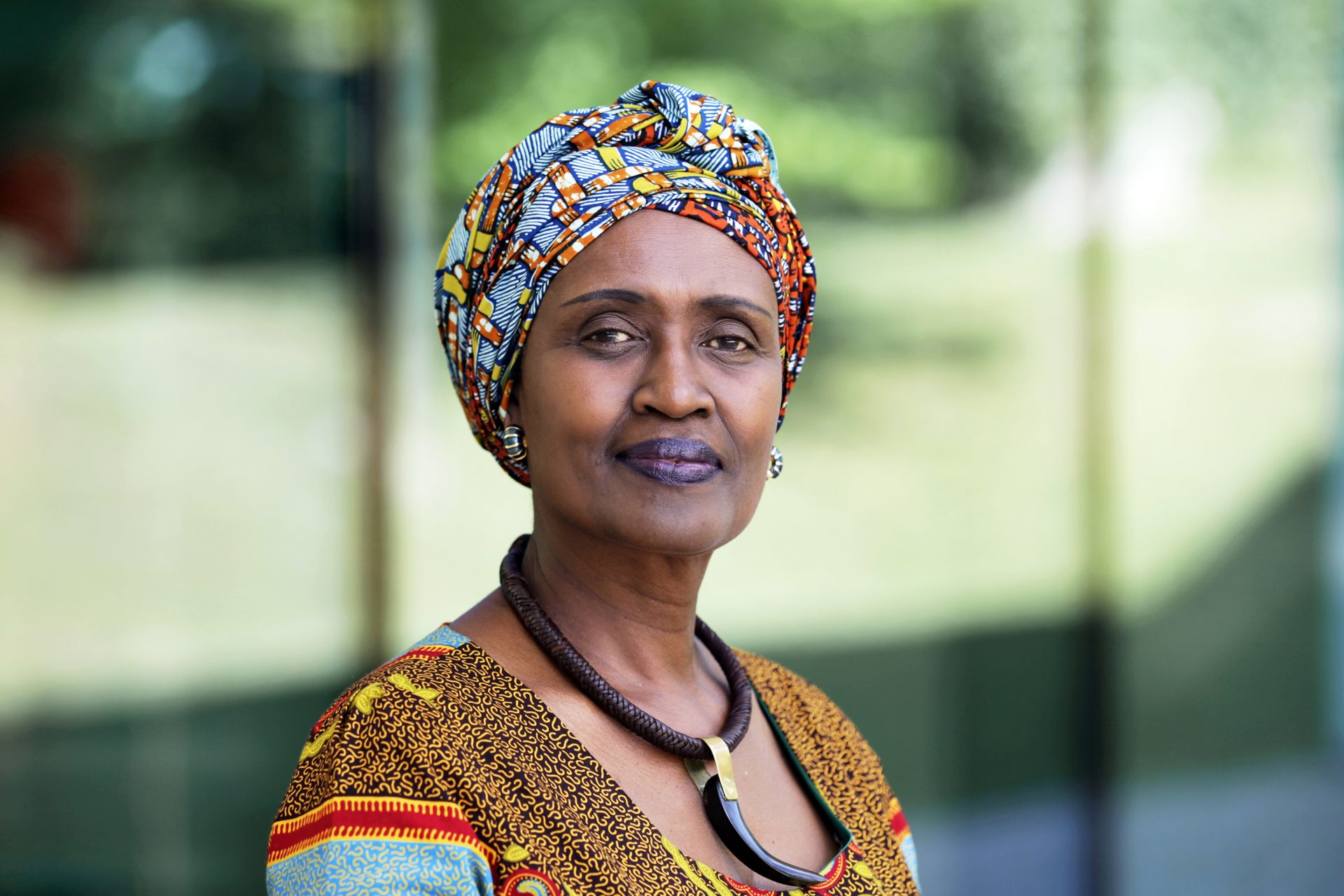
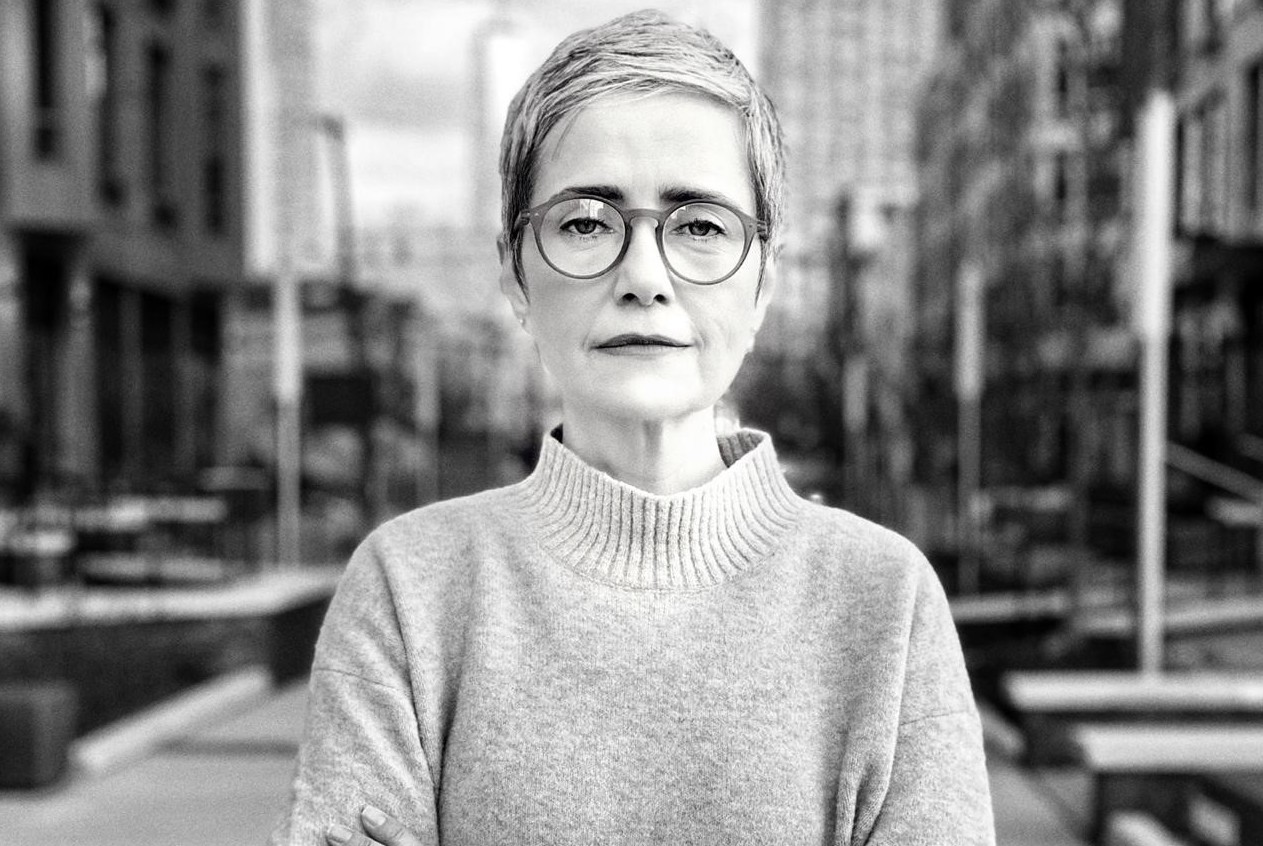
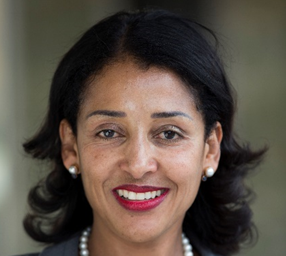
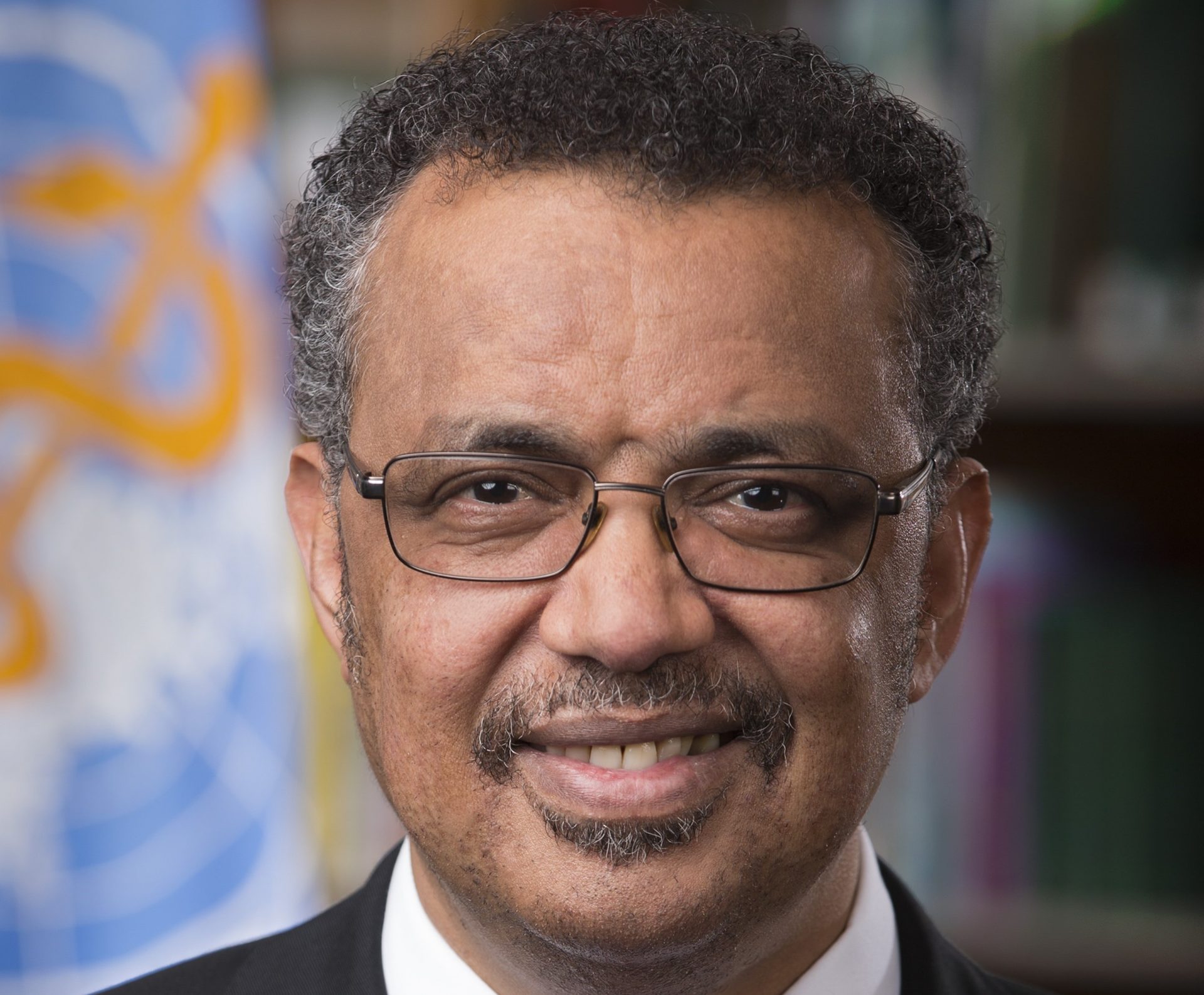
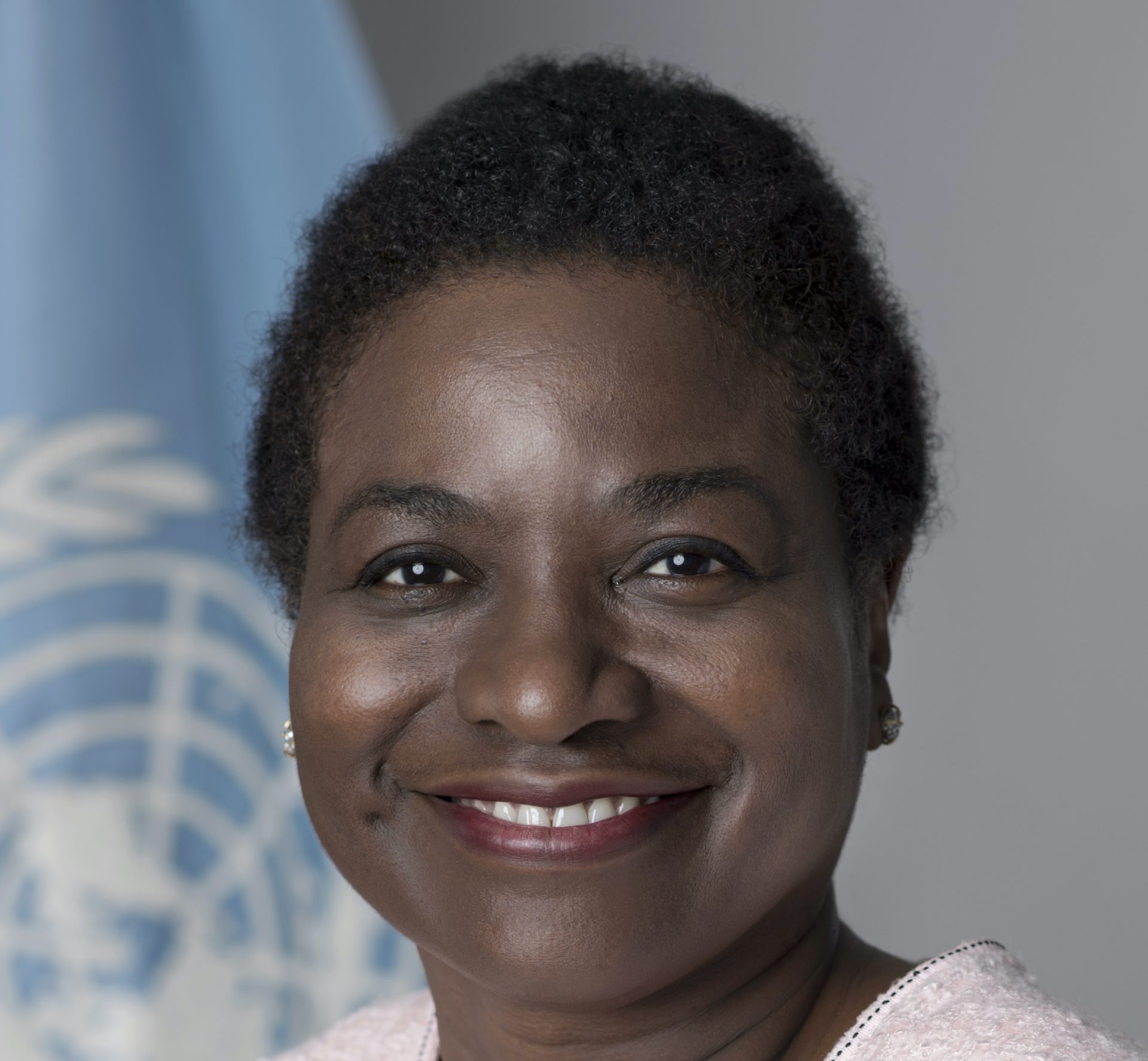
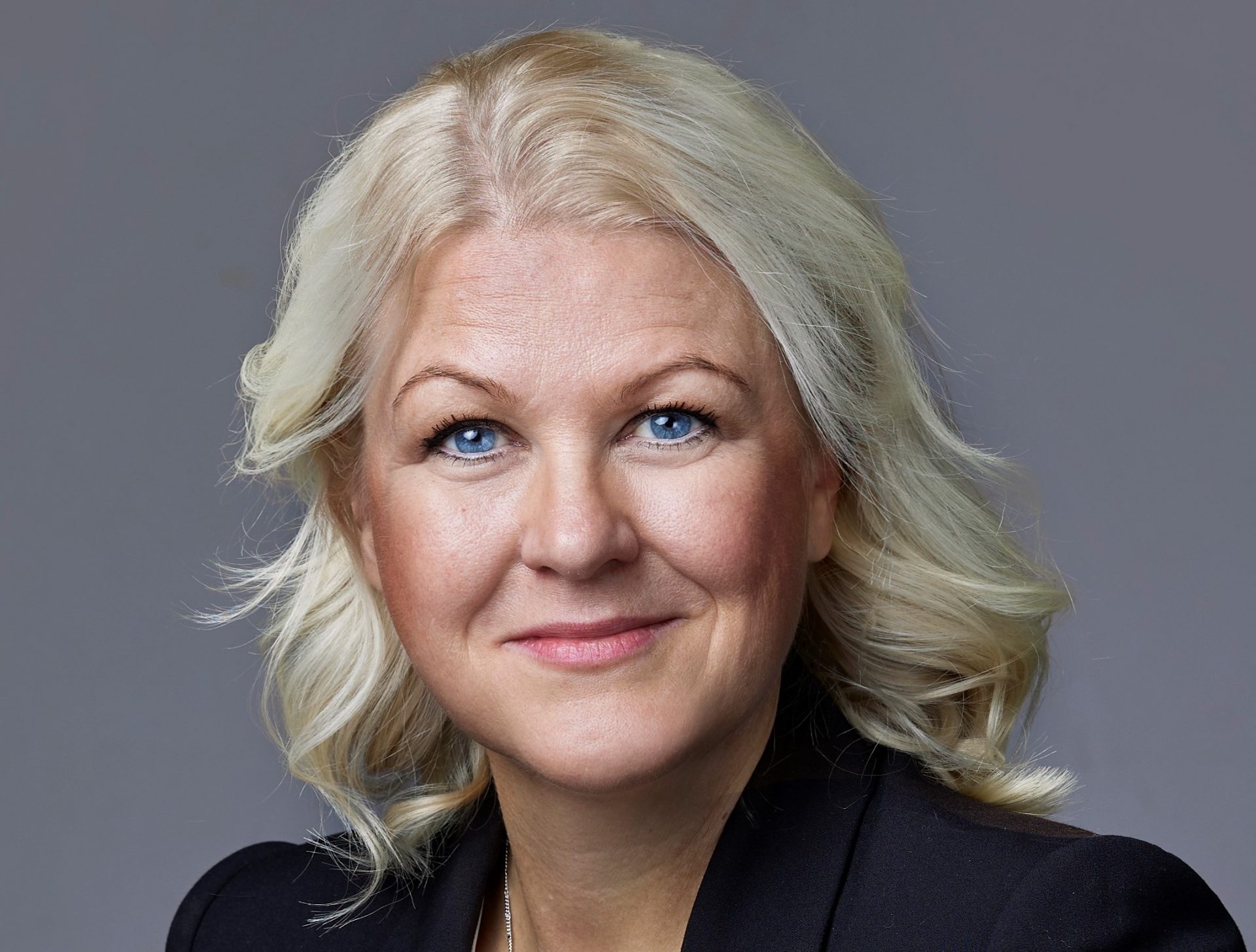
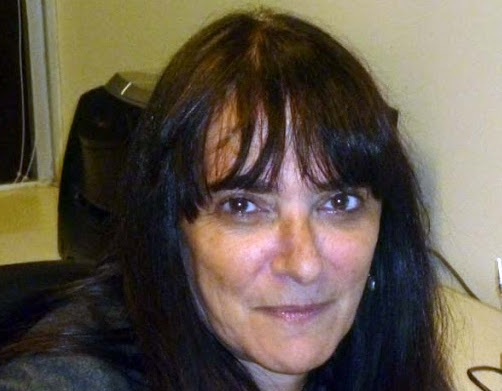
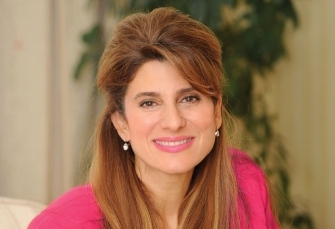
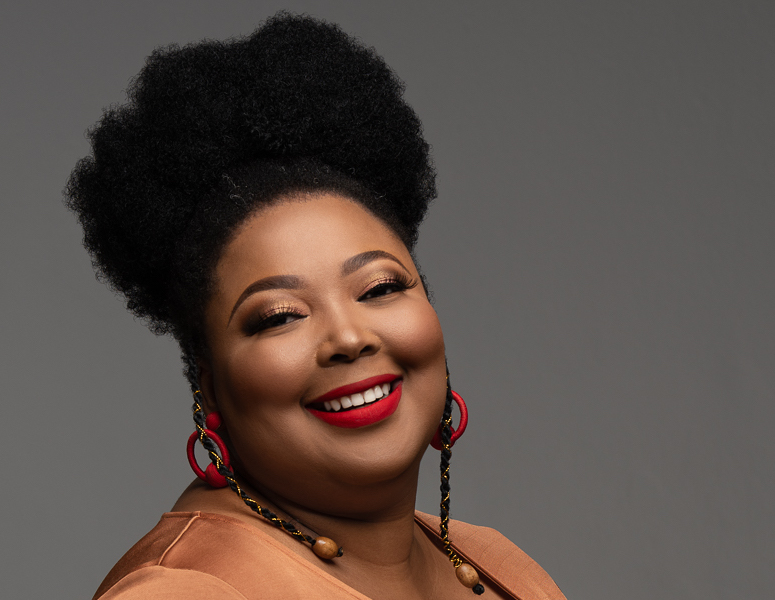
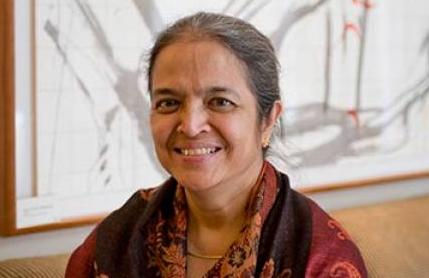
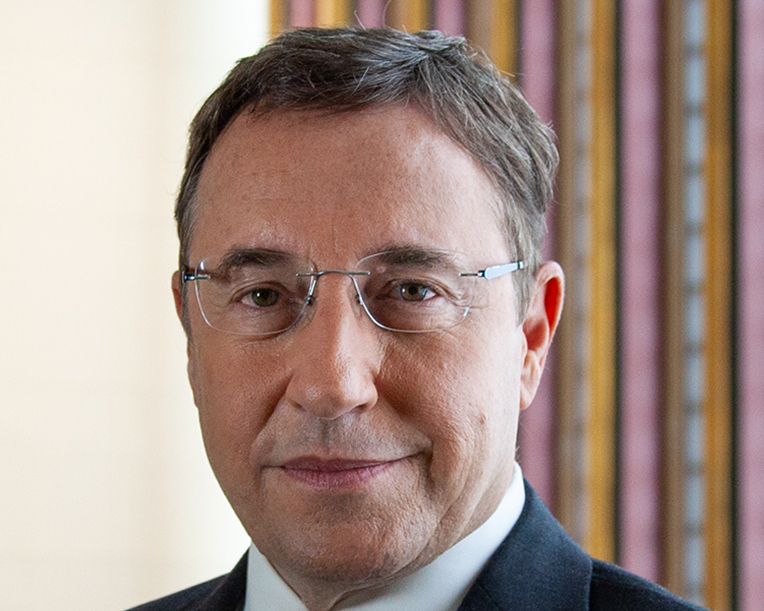
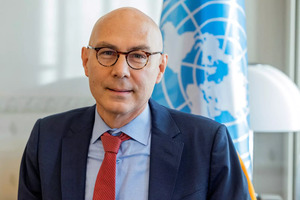
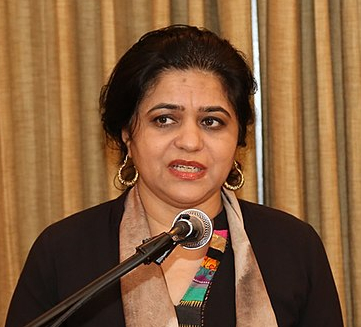
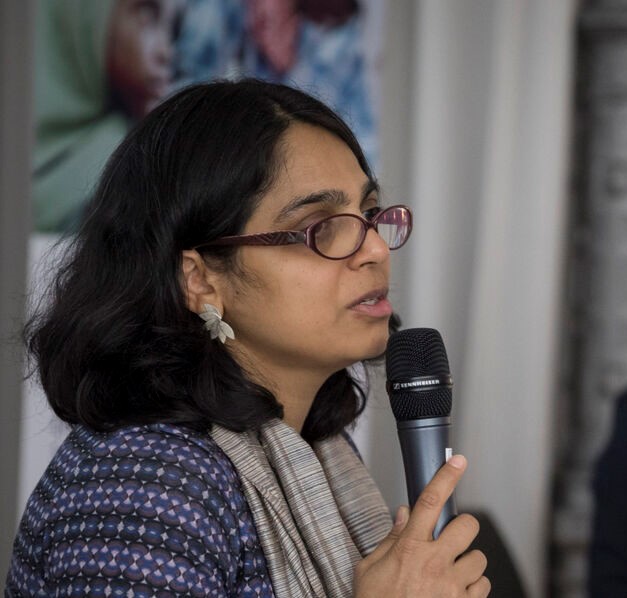
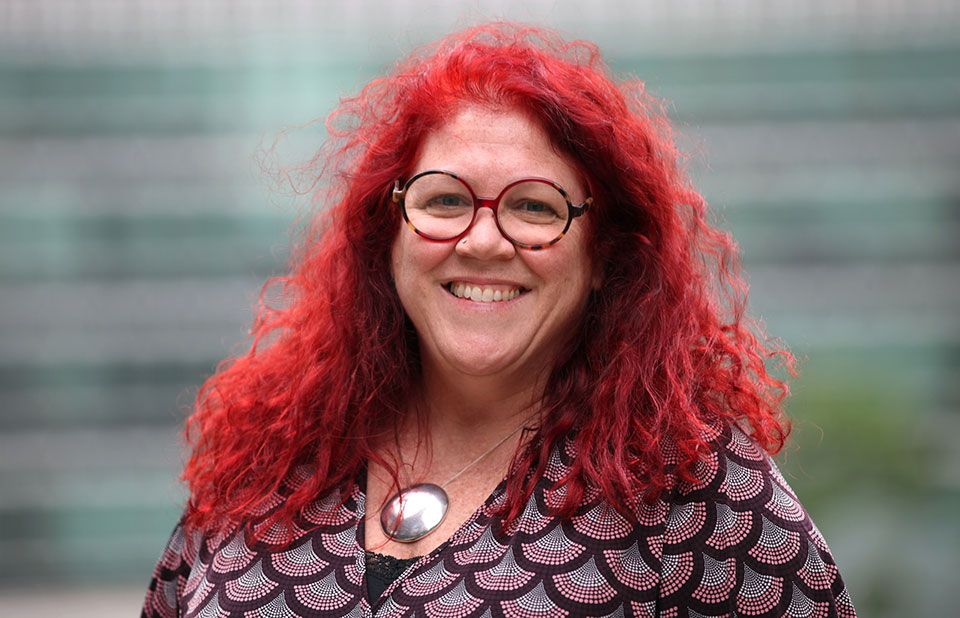
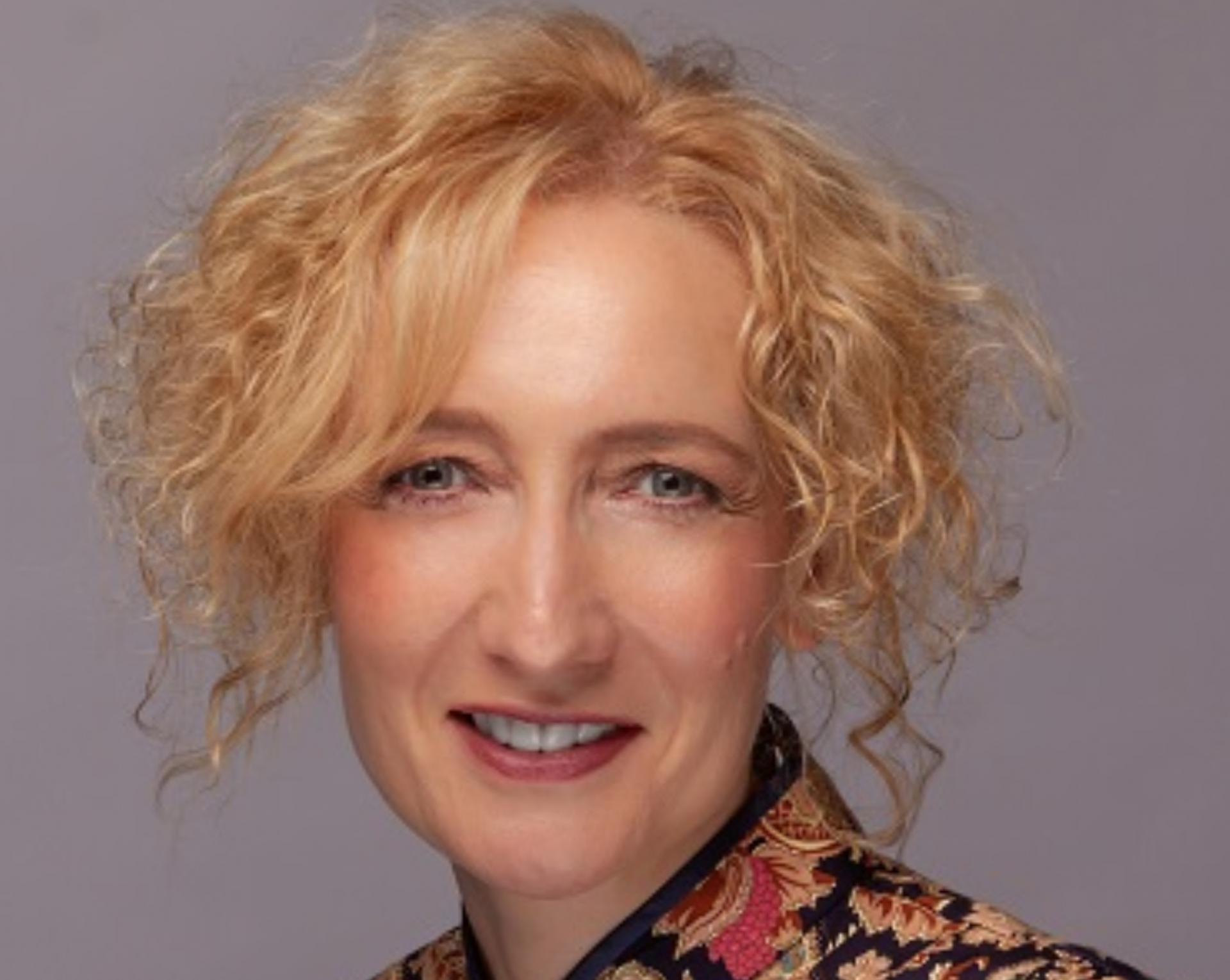
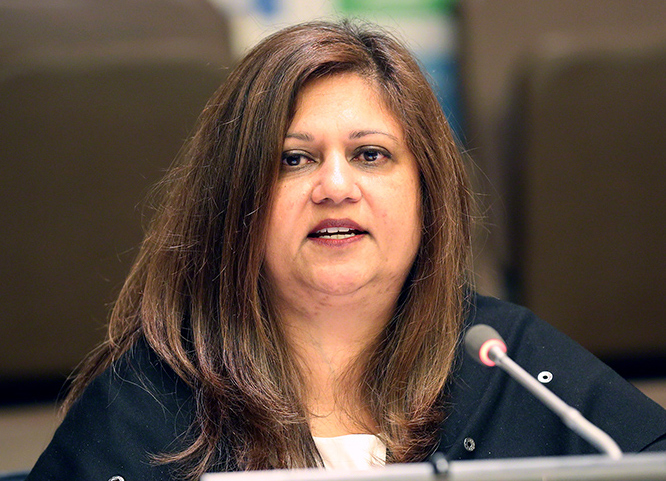

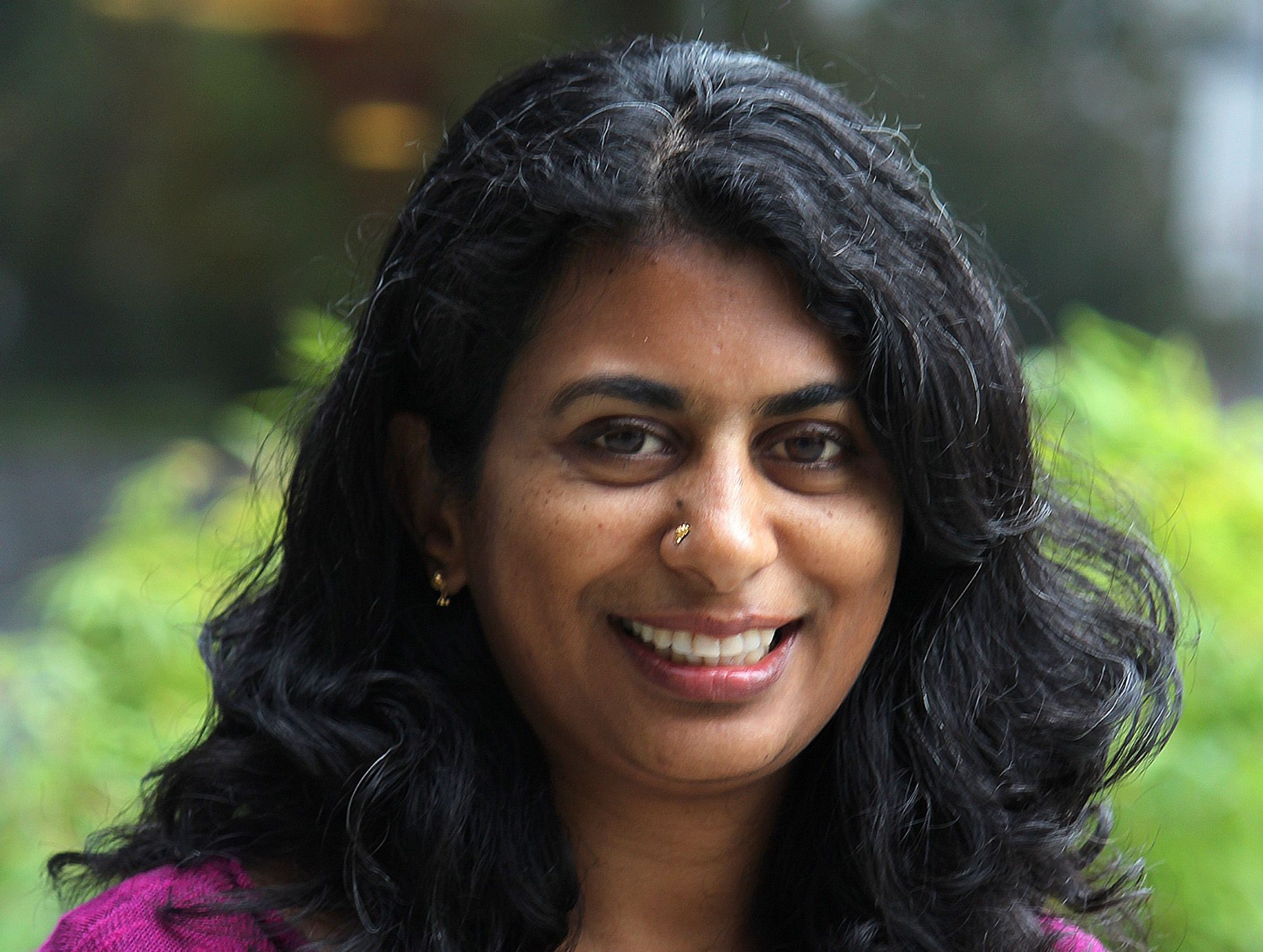
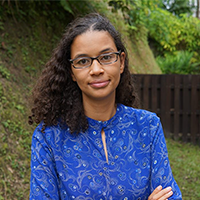
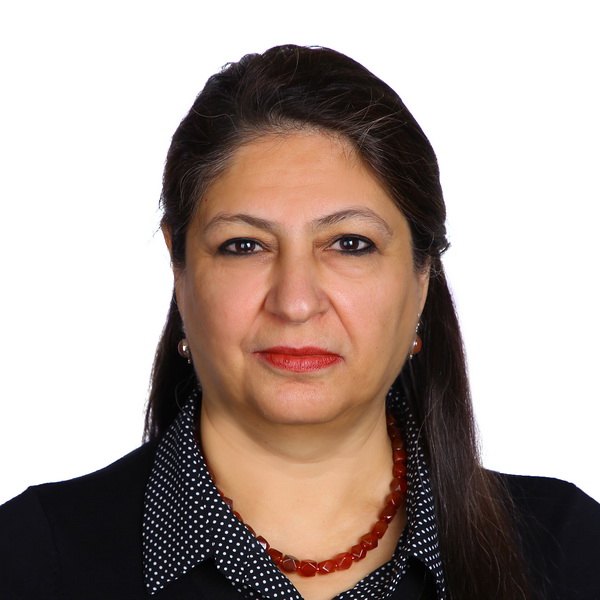
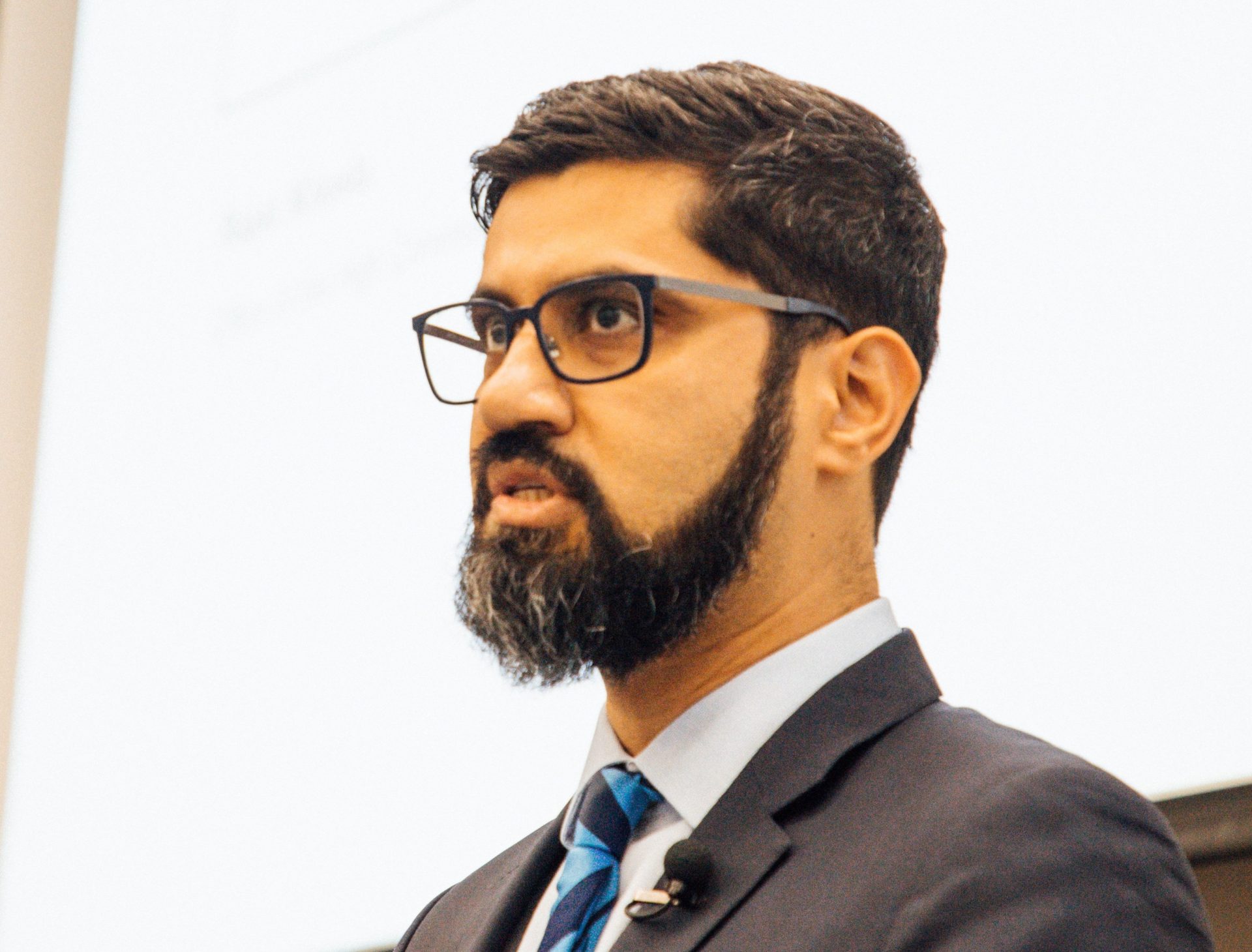
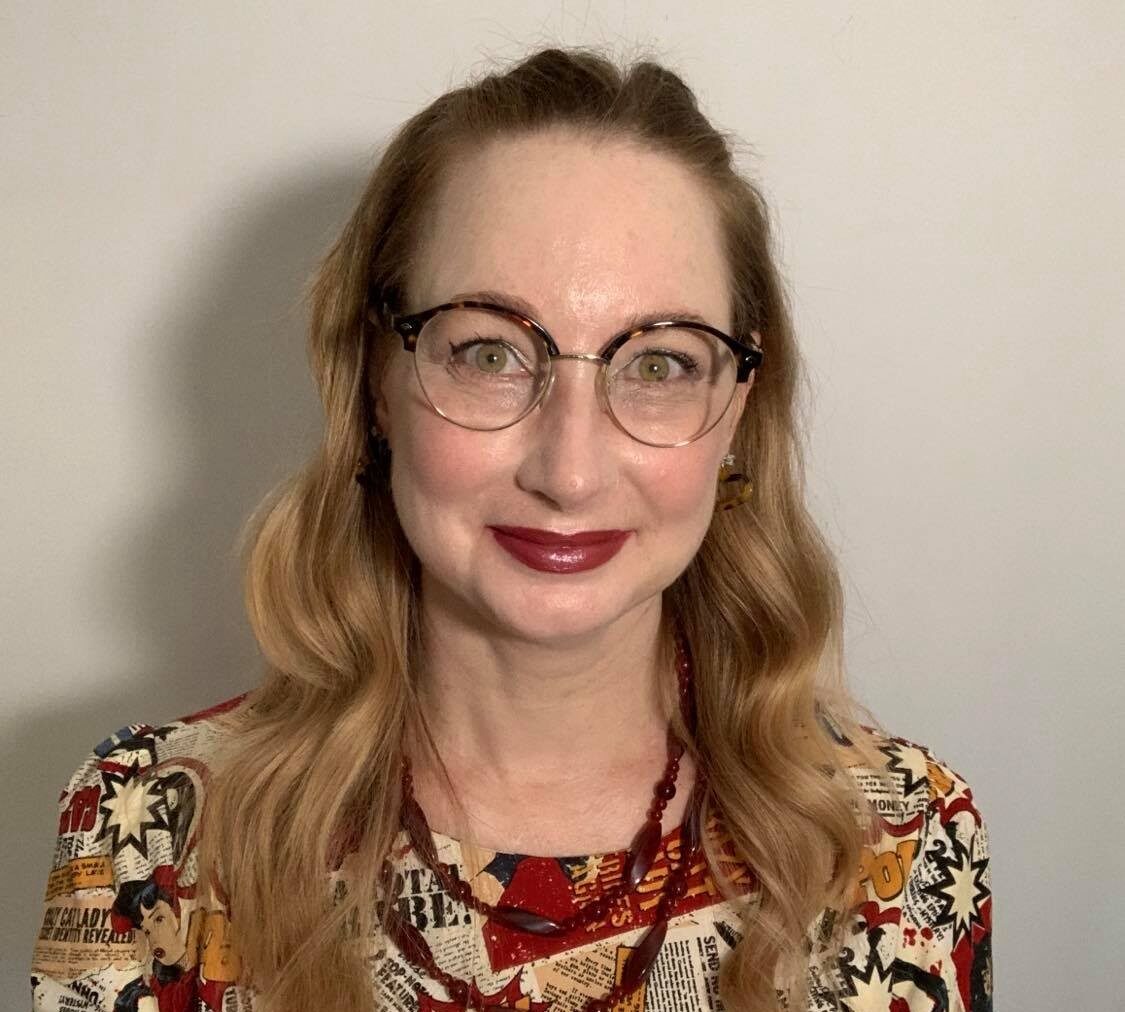
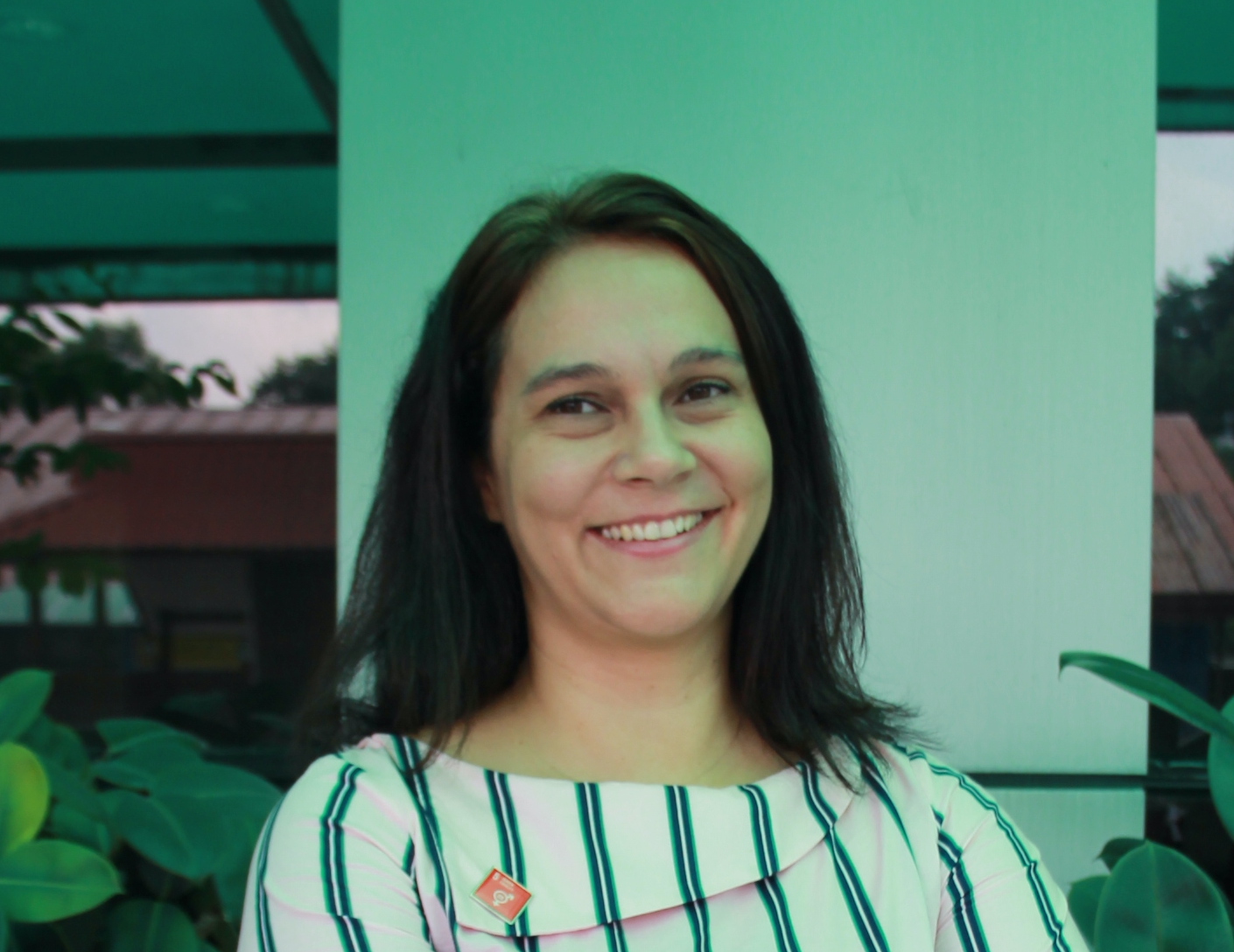
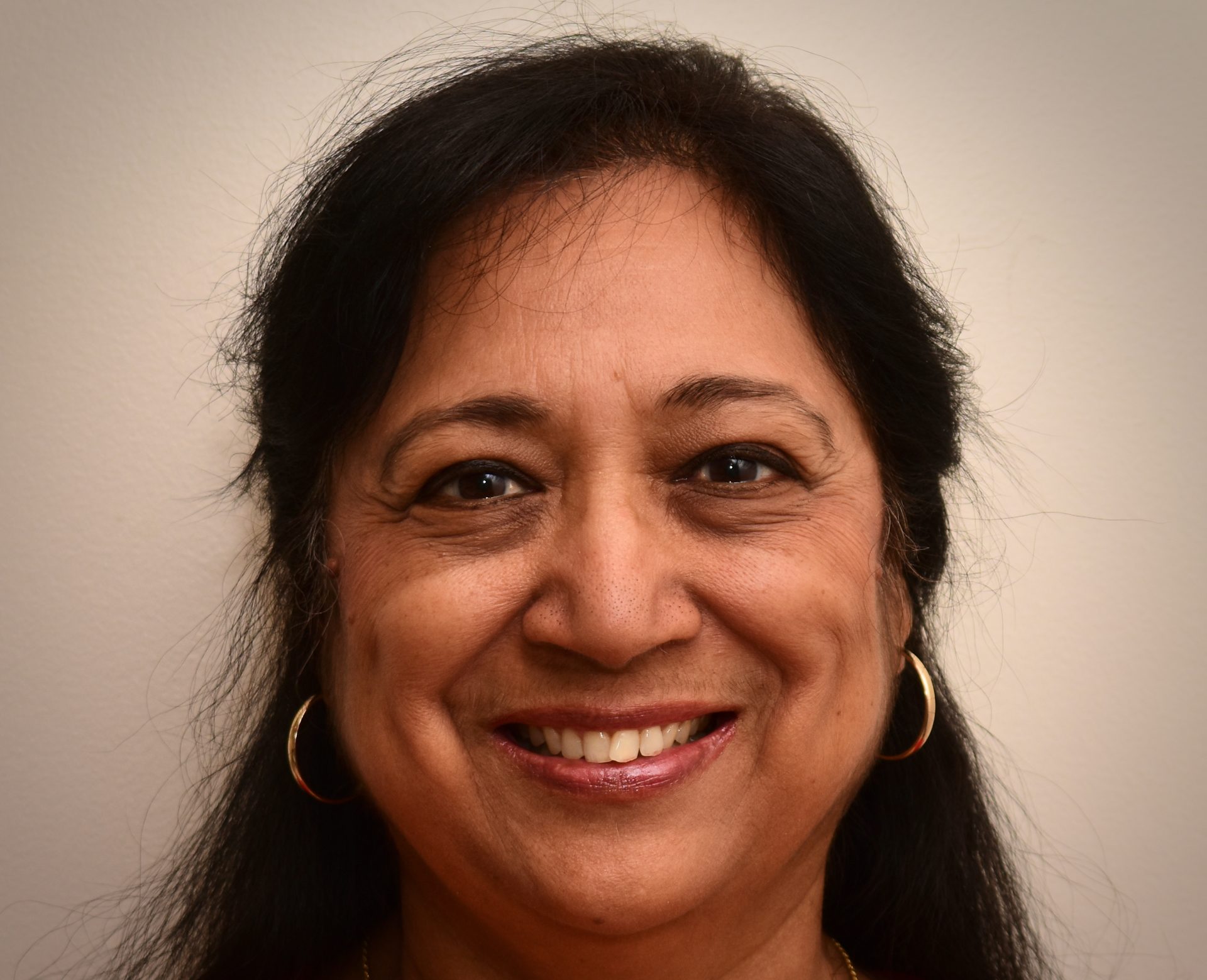
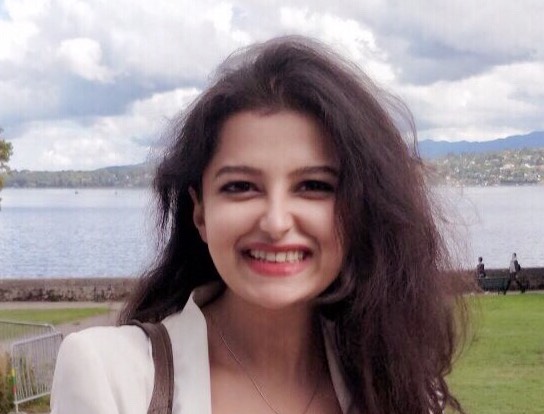
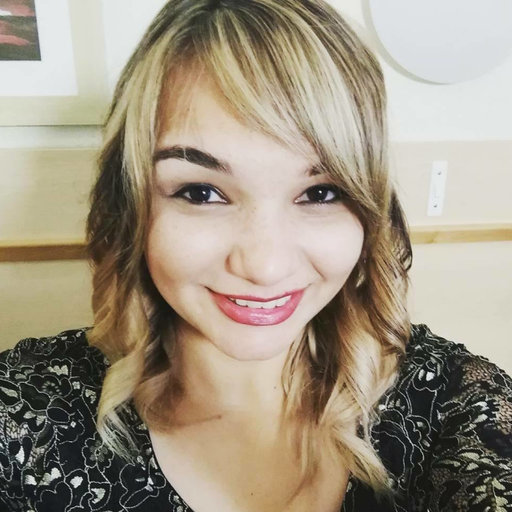
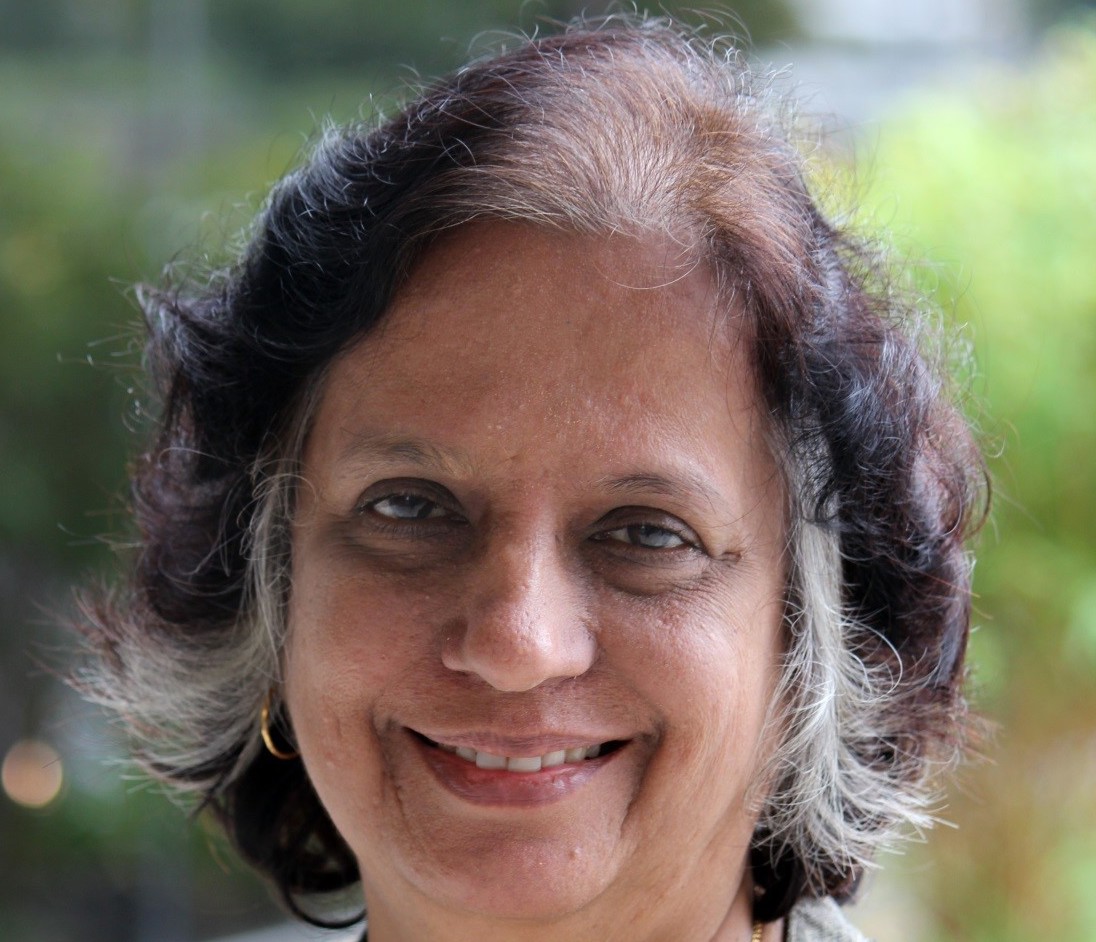
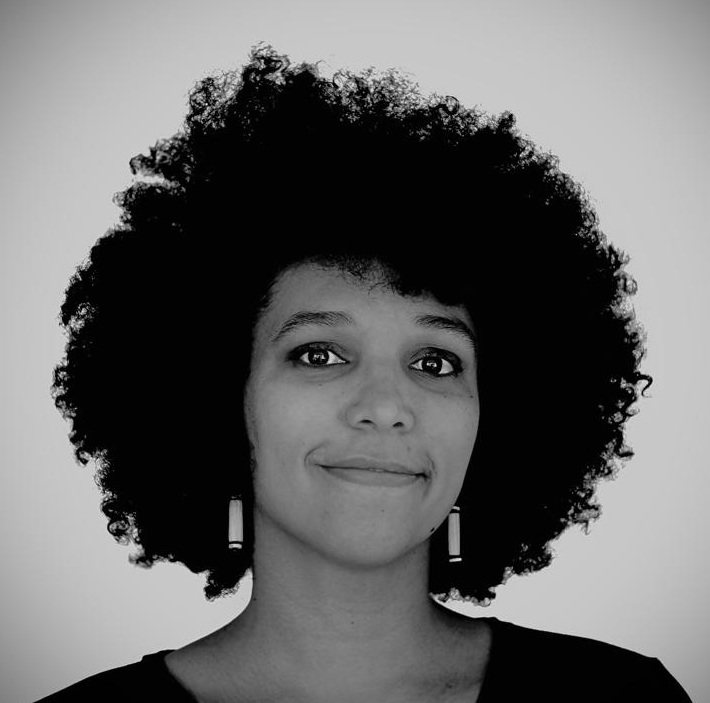
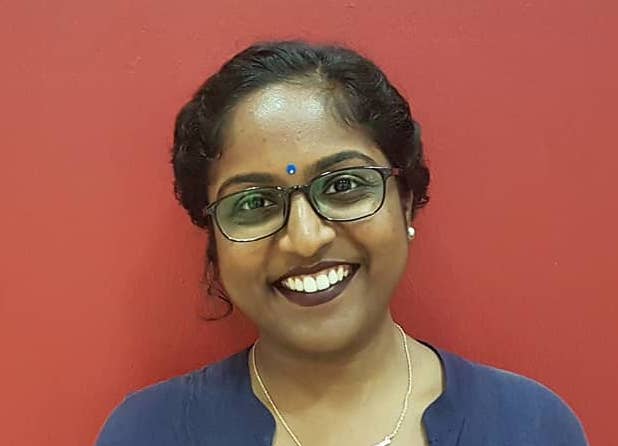
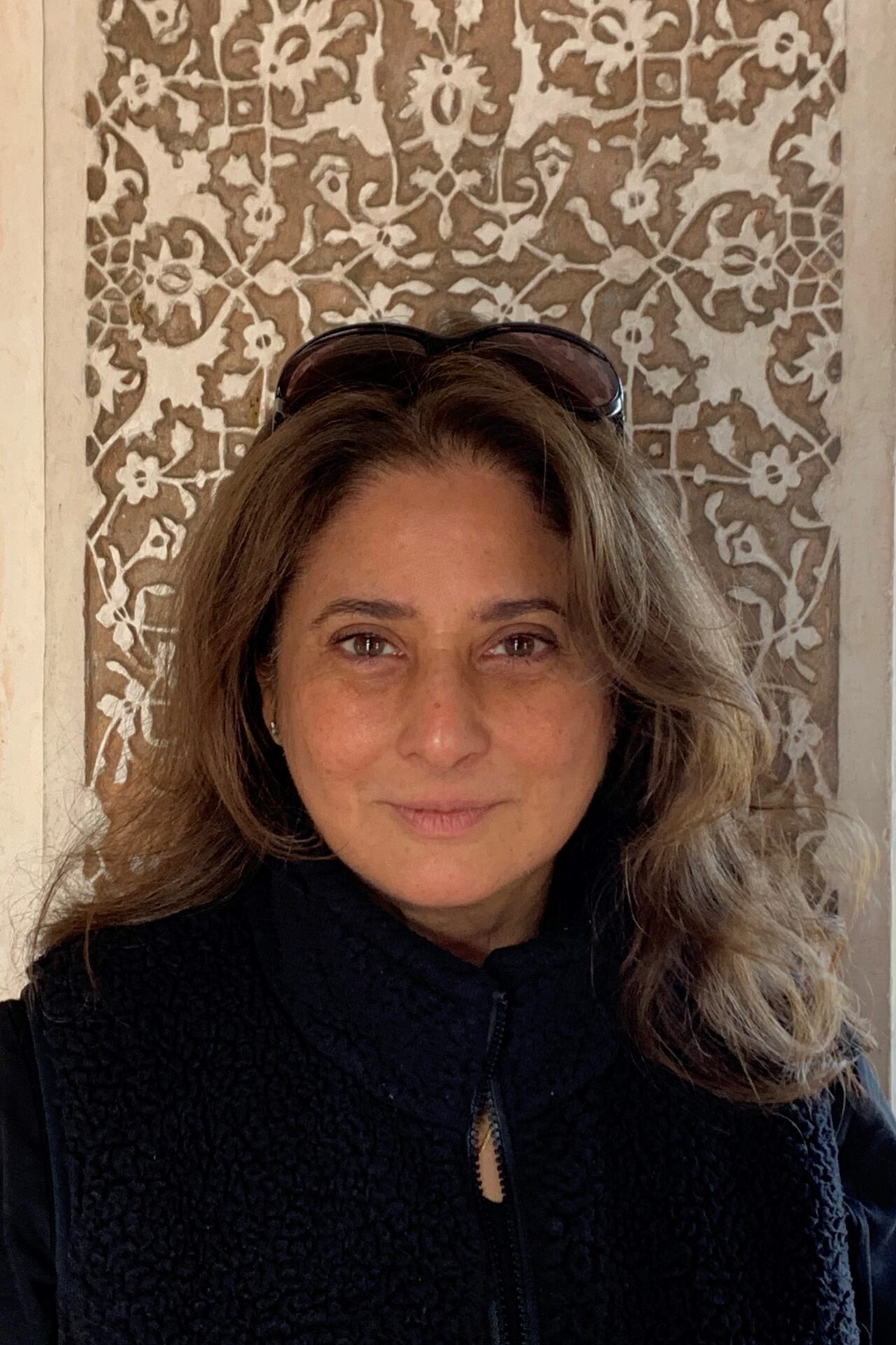
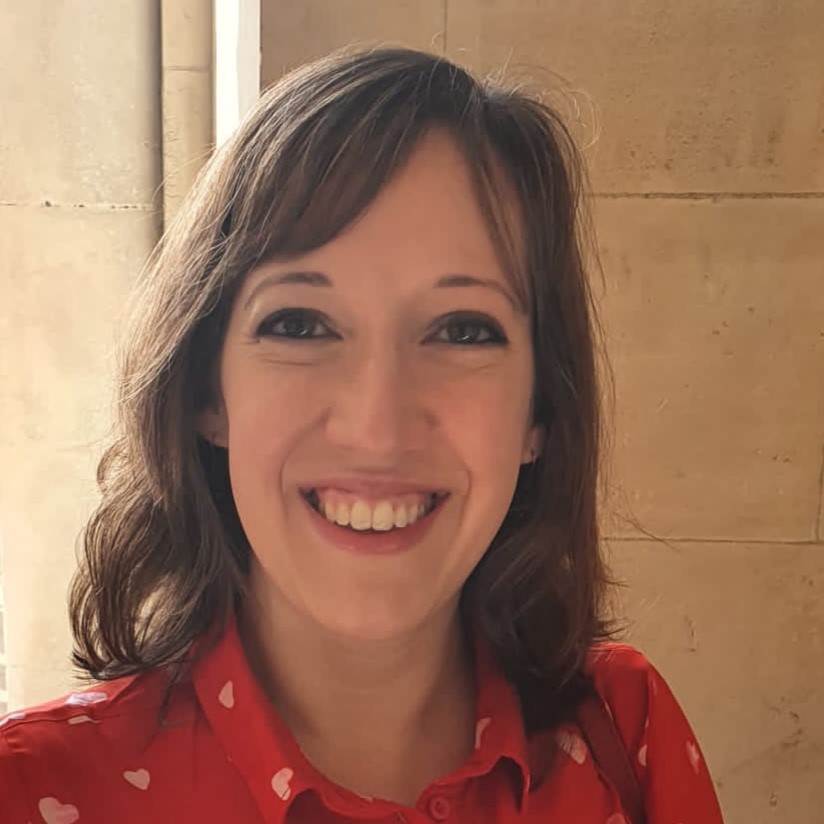
The opportunity to co-produce a body of work that is responsive, actionable and targeted at delivering outcomes for gender equality, health and wellbeing, is incredibly exciting and we look forward to extensive and comprehensive engagement.
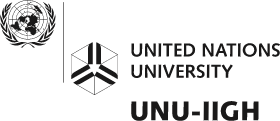

| The Equality Institute The University of Western Cape Gender Working Group of the Global Action Plan on Health and Well-being: UN Women Global Fund to fight AIDS, TB, and Malaria The World Bank UNDP UNFPA | The Global Financing Facility for Women, Children and Adolescents UNICEF GAVI UNAIDS ILO WHO Gender & COVID-19 Working Group |
